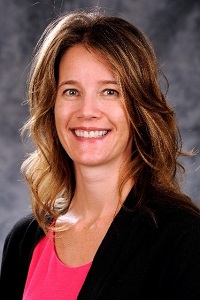Director's Letter

This edition features the efforts of SRP-funded researchers to protect communities and reduce differences in health risks for rural populations.
Approximately 15% of the U.S. population – about 46 million people – live in rural areas, or any population or territory outside of a defined urban area. Compared to people living in urban areas, rural residents are more likely to have health conditions like heart disease, diabetes, and obesity, with higher mortality rates for cancer and stroke.
Multiple intersecting factors can complicate health care for residents and contribute to differences in health risks. People living in remote areas often have lower socioeconomic status, lower educational attainment, and fewer medical facilities within reach. Adding to these challenges, people in rural and agricultural communities face greater exposure to hazardous chemicals, like pesticides and pollutants in biosolids, which heightens disease risks.
To address rural issues, scientists funded by the NIEHS Superfund Research Program (SRP) are teaming up with remote communities to uncover potential health risks. Through participatory and community-engaged research, grant recipients investigate sources of exposure that affect rural residents and inform communities about environmental hazards they may encounter. These teams are sampling air, water, and soil for contaminants and analyzing the health impacts of pollutants. They are also developing methods to remove hazardous chemicals from soil and water, which may help to safeguard rural health.
Additionally, researchers are using culturally relevant communication methods to share their findings, such as creating materials in the participants’ preferred language. Grant recipients are creating phone applications, generating maps of environmental contaminants, and hosting events to teach residents how to protect their health from environmental hazards.
I hope you benefit from learning about the work our researchers are doing to address the unique challenges that remote communities face to increase health and well-being for people across the U.S.
Warm regards,
Michelle Heacock, Ph.D.
Director
Superfund Research Program
to Top



